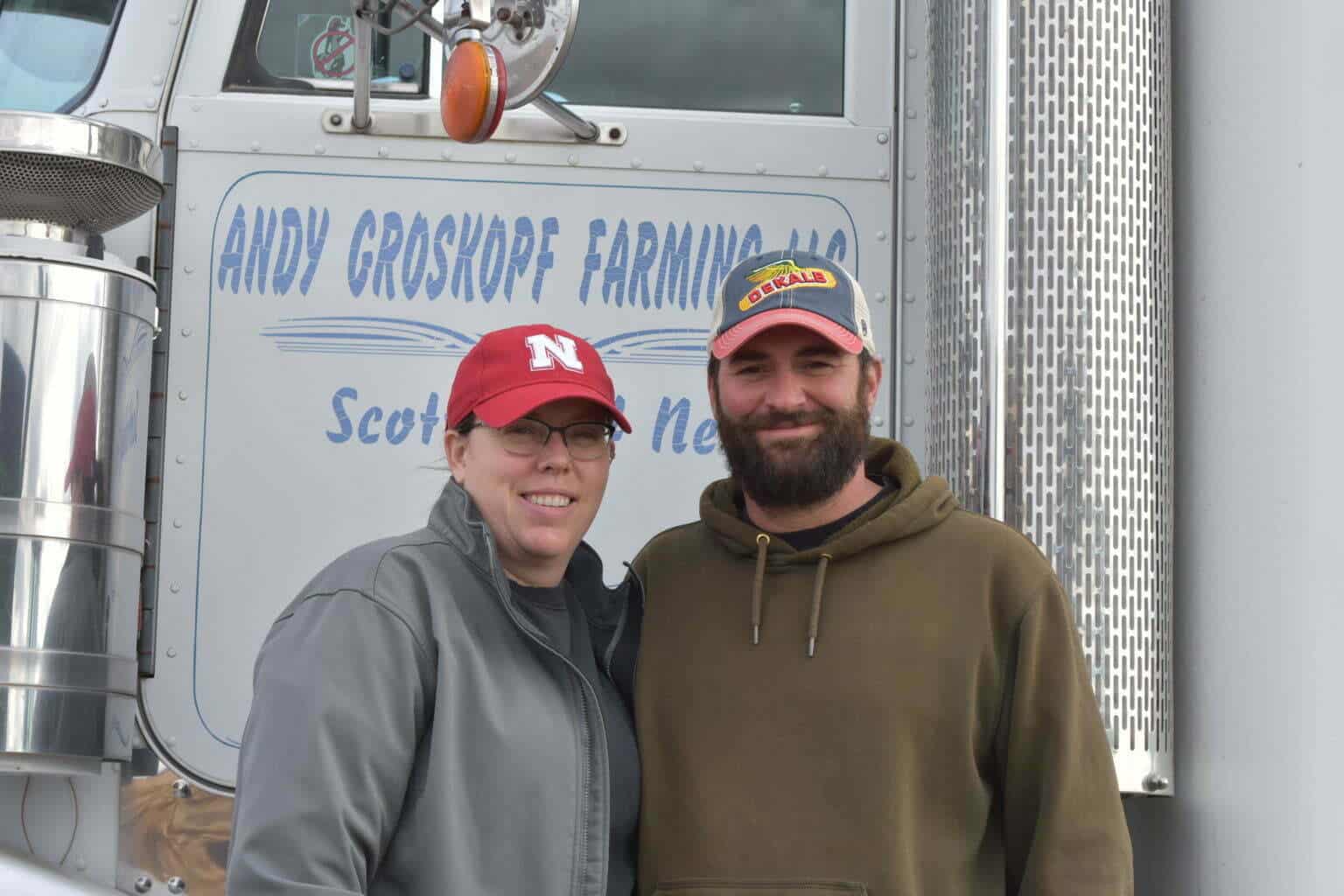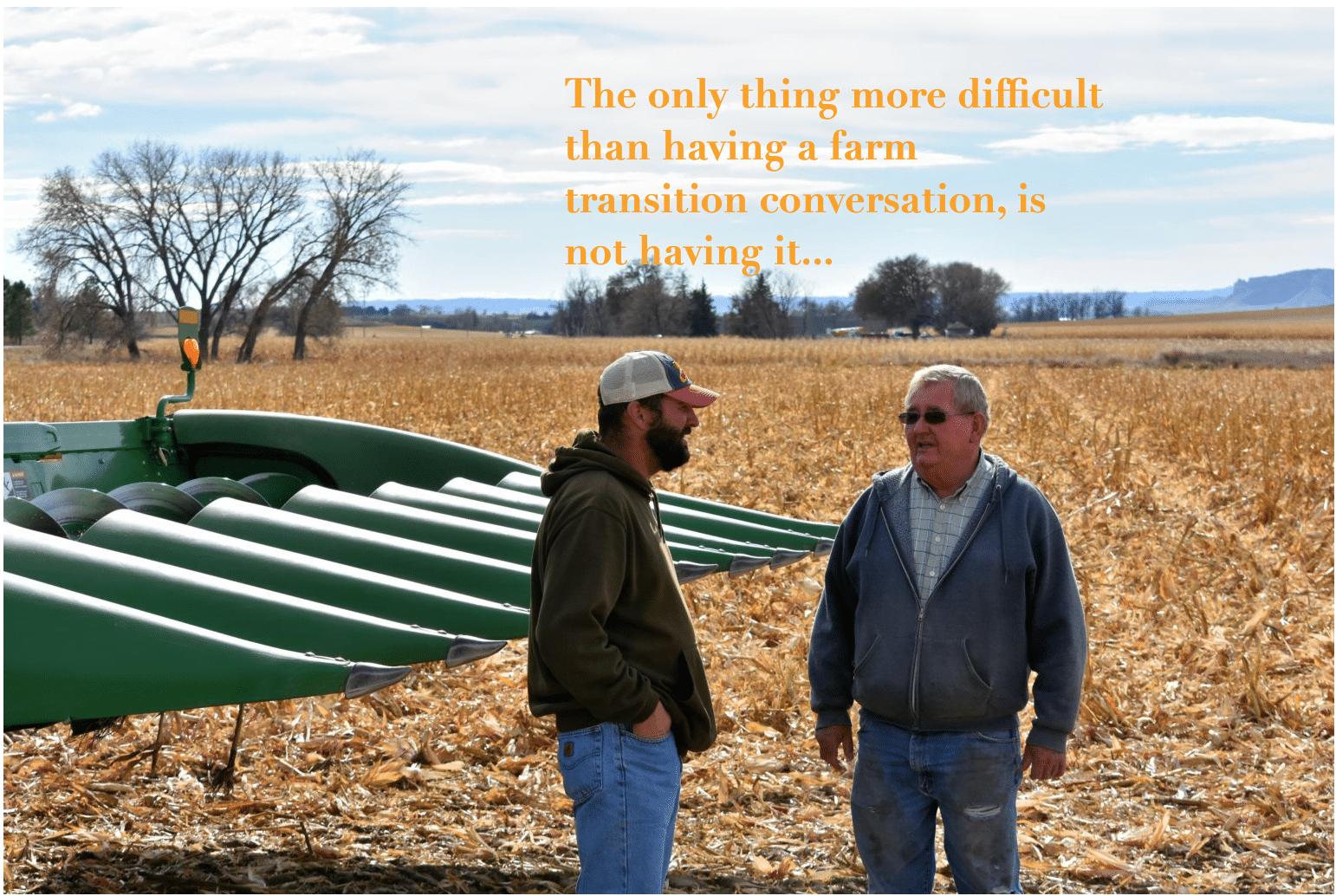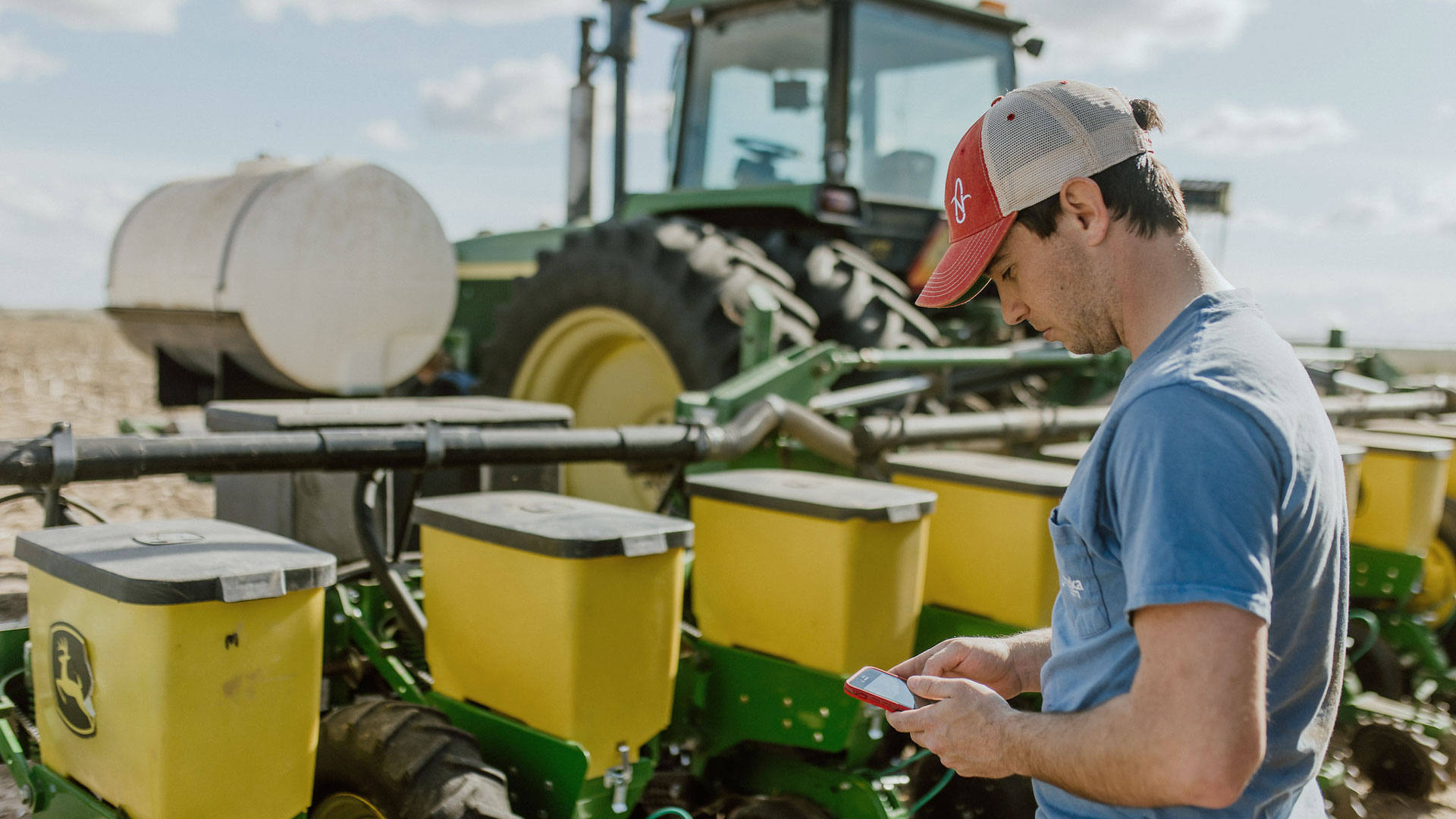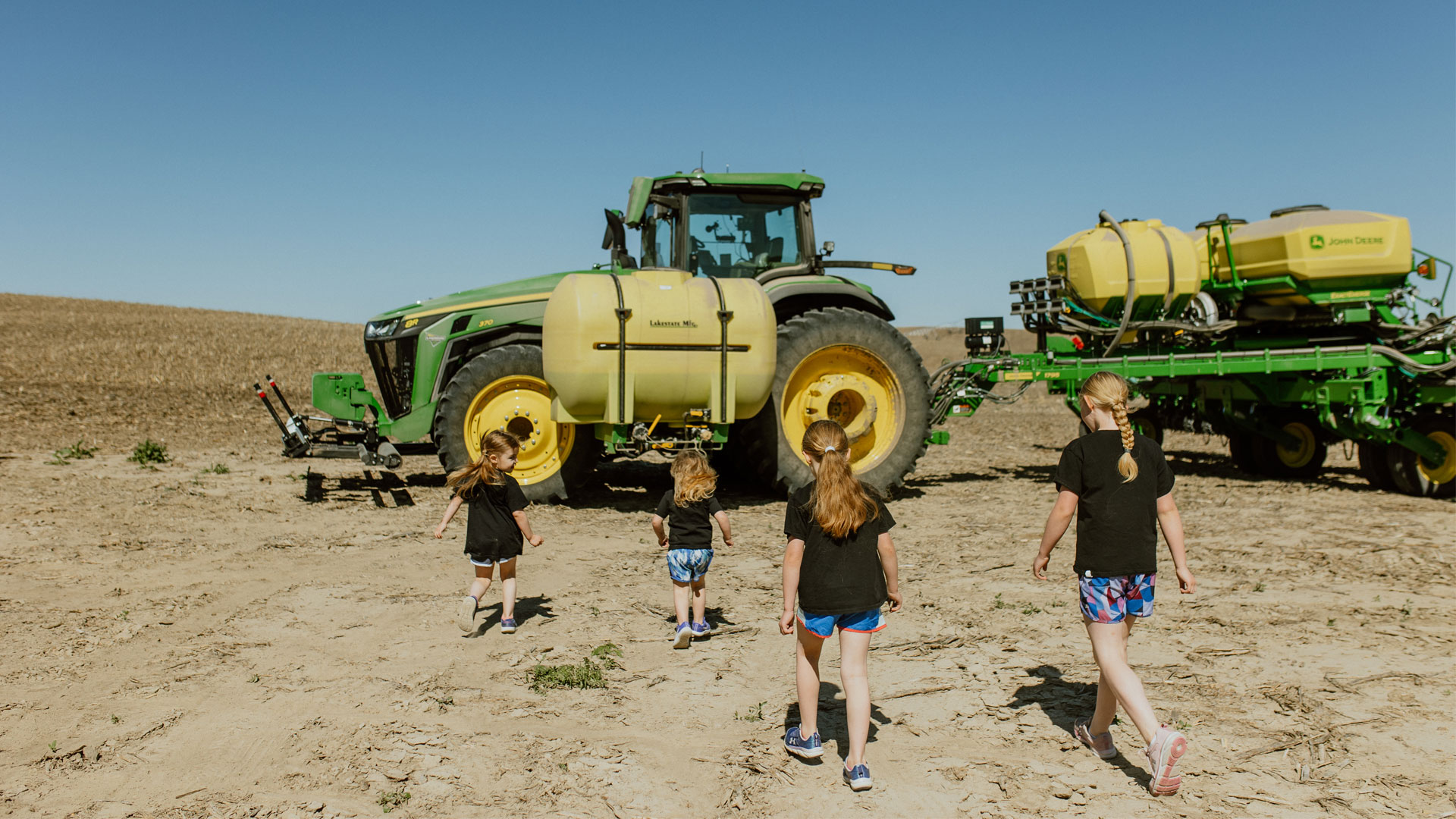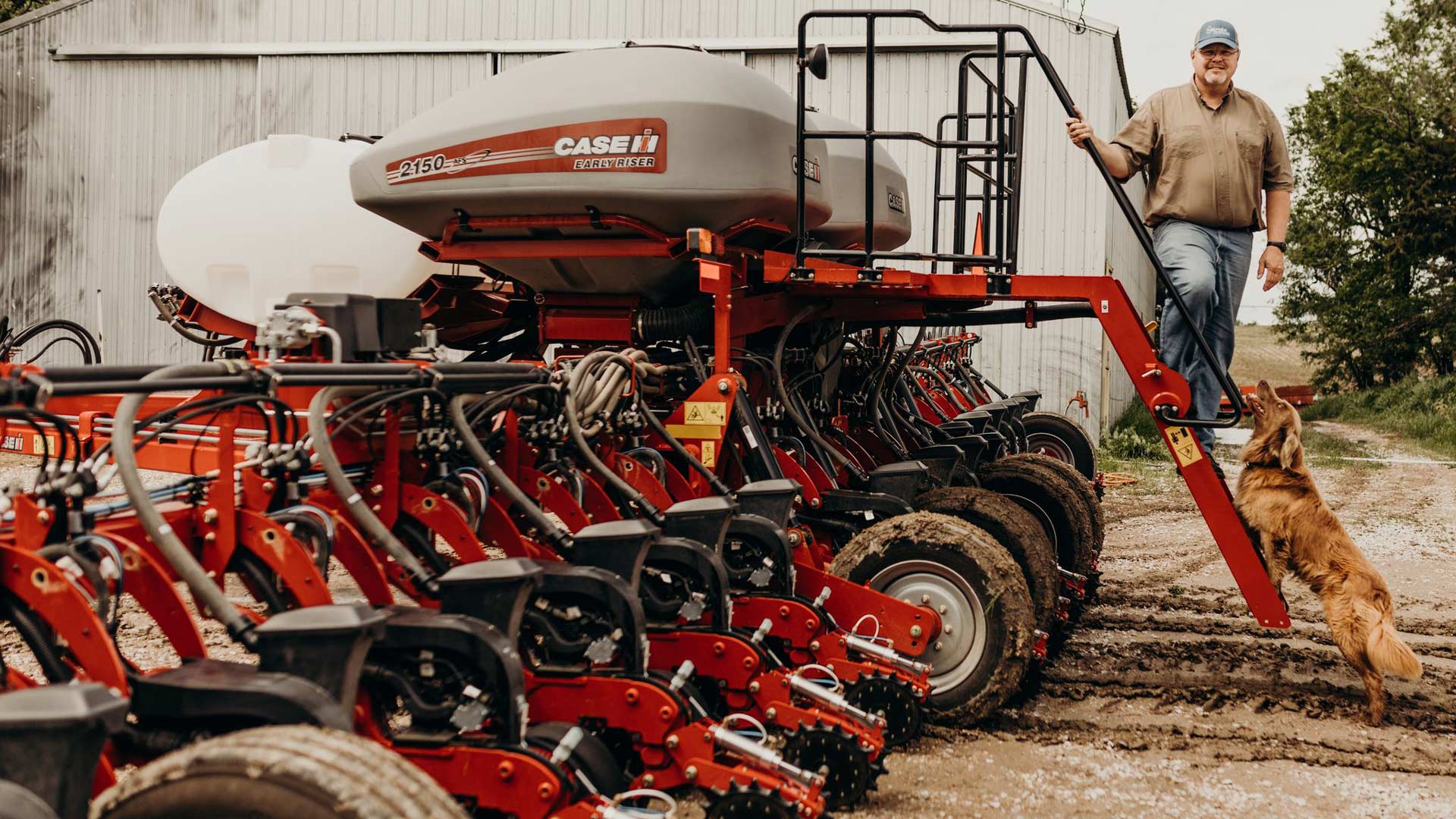Like many younger members of multi-generational farms, Groskopf owns his own limited liability corporation (LLC), but operates side-by-side with family members—in his case his dad and uncle.
This transition of the family farm is top of mind for Groskopf as his uncle reaches retirement age. "At this point we don't have a written plan as to how this farm is going to be handed down—and that concerns me," Groskopf said. "If something happens to any one of us, there's really no directive of what's supposed to happen to this operation we've worked to build."
In order to protect the future of his four-generation farm, Groskopf believes a family farming operation can't rely solely on handshakes and verbal agreements.
"You've got to make a decision to be a business-first family or a family-first family," he said. "I prefer managing this from a business-first perspective with everything in black and white, so everybody knows where they stand and what to expect."

